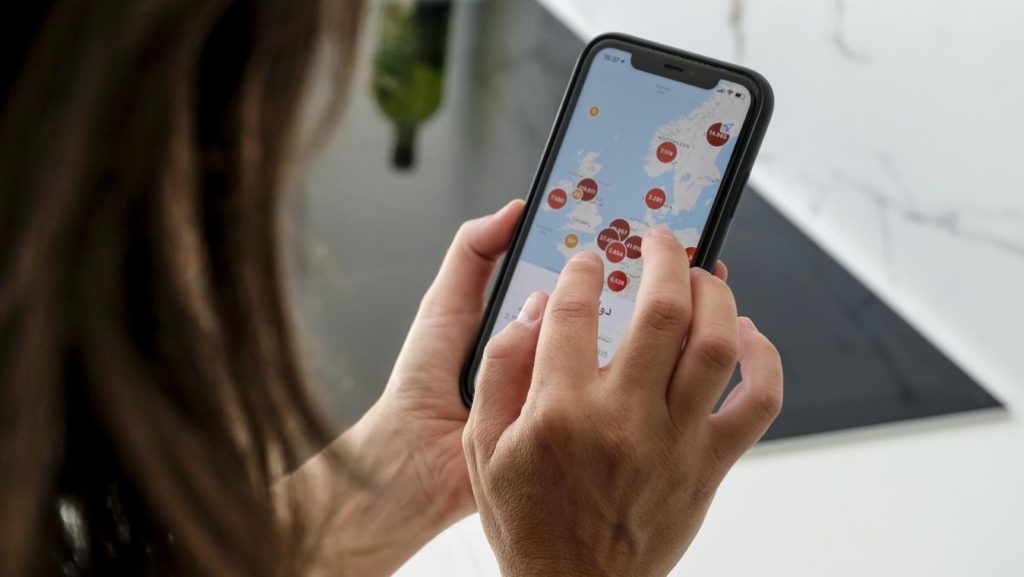Brussels' 235 coronavirus contact tracers will begin a test run on Monday ahead of their real entry into functions to detect people at risk of contracting the new coronavirus (Covid-19).
The team will be made up of 170 call centre workers plus a field-team of 65 people tasked with finding residents who could not be reached by phone.
Contact tracing is a central part of the country's strategy to return to regular activities after the coronavirus pandemic, as hospital and contagion figures begin to decline.
The tracing efforts will aim to help Belgium transition from a "generalised lockdown to a [strategy] in which those exposed to a risk of infection are put in isolation," Brussels Health Minister Alain Maron said in an online statement.
Related News
- Coronavirus: global death toll tops 243,000
- EU dilemma: Digital contact tracing but only voluntary
- Supermarkets can sell face masks as of Tuesday
In coordination with other regions, Brussels' contact tracers will identify and contact residents who have been in contact with infected people "so that they can self-monitor and go into isolation in turn."
The start of the pilot test on Monday comes as authorities in the Brussels-Capital Region enter the first phase of Belgium's gradual exit from lockdown and aims to be "fully operational from 11 May, the real start of the progressive deconfinement."
The tracing teams will be made up of public administration staff as well as staff from complementary health insurance companies (mutalités/mutualiteit), to whom the region turned to due to their expertise, practical know-how and their organisational resources.
The bill for the tracing efforts during the next three months is of €7.280 million, with Maron saying that the situation would be "constantly reevaluated depending on its evolution."
Gabriela Galindo
The Brussels Times

